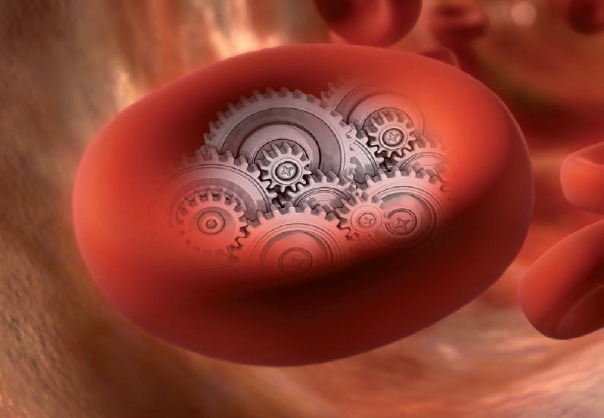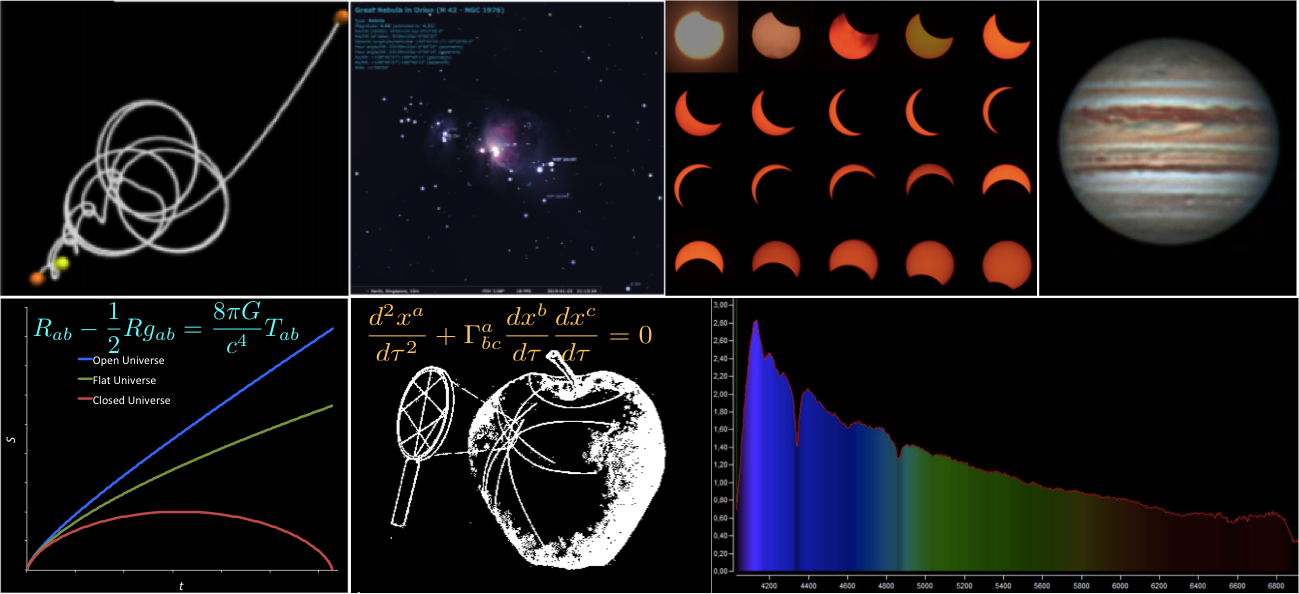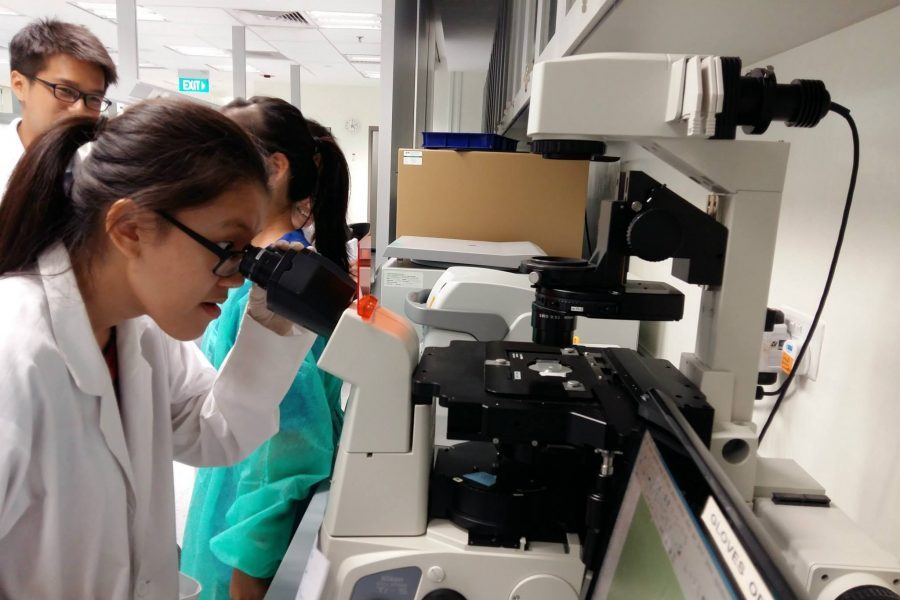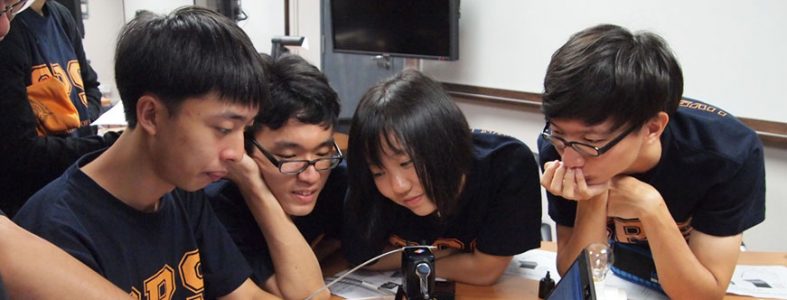SPS Courses Offered
Introduction to Scientific Literature
Engineering a Life-like Cell
Working on Interdisciplinary Science, Pythonically
Science for a Sustainable Earth
The Universe
Integrated Science Project
The Special Programme in Science (SPS) is an academic programme encompassing multidisciplinary research, active peer-learning, and student mentorship. There are a total of six tailored-made courses under SPS, each worth 4 units. These courses are to be completed within two years.
Students are to complete 13 courses to fulfil the Common Curriculum requirements of the College of Humanities and Sciences (CHS). Four SPS courses are course options for the fulfilment of the Common Curriculum requirements. The remaining two SPS courses count towards Unrestricted Electives (UEs). The exact mapping of the SPS courses is as follows:
| SPS Course | Mapping |
|---|---|
| SP2271: Introduction to the Scientific Literature | CHS Writing |
| SP2274: Engineering a Life-like Cell | CHS Scientific Inquiry I |
| SP2273: Working on Interdisciplinary Science, Pythonically | CHS Digital Literacy |
| SP3275: Science for a Sustainable Earth | CHS Scientific Inquiry II |
| SP3176: The Universe | Unrestricted Elective |
| SP3172: Integrated Science Project | Unrestricted Elective |
Introduction to Scientific Literature
Introduction to Scientific Literature is designed to build essential skills for effective scientific reading and writing. The goal of the course is to empower students to (i) acquire science information strategically, (ii) assess information critically, (iii) summarise findings comprehensively and (iv) share scientific information accurately and responsibly.
In SP2271, students will critically read scientific publications, discuss scientific concepts, and report findings through coherent writing. Working in teams, students will collaboratively develop and enhance skills of scientific information literacy, writing and communication.
The learning objectives are:
- Extract important, relevant and accurate scientific information efficiently
- Assess the suitability and reliability of a resource and then extract information efficiently
- Convey scientific ideas clearly, succinctly and accurately.
- Sharing scientific information responsibly for the benefit of the society.
SP2271 will satisfy the CHS Writing requirement. This course distinguishes itself from other CHS writing courses in terms of the content source and reference. The course utilises peer-reviewed scientific publications as the source material, teaching students to navigate primary scientific literature and gain proficiency in academic science writing. The course is taught by both SPS and the Centre for English Learning (CELC).
Engineering a Life-like Cell

Engineering a Life-Like Cell introduces students to the possibility of constructing the smallest unit of life, the cell. Students will explore how fundamental chemical and physical principles govern the biological processes that underlie homeostasis and response to stimuli in cells. The simple bacterium will be used as a model to exemplify how cells behave as autonomous machines that can self-replicate, self-assemble, self-repair and reprogramme to respond to changes in the environment.
The learning objectives are:
- Appreciate the simplicity versus complexity that leads to the physical design and control of biochemical processes in cells
- Comprehend the physical principles in the building of an engineered cell with a defined function
- Participate in the construction of scientific knowledge, and understand the interplay between the theory and methodology
- Design, develop and implement a series of experiments to investigate a scientific question/inquiry
SP2274 will satisfy the CHS Scientific Inquiry I requirement.
Working on Interdisciplinary Science, Pythonically

Source: xkcd (https://xkcd.com/353/)
Computing plays a crucial role in how science understands our world. It is often considered the ‘third pillar’ of science, alongside theory and experiments. Working on Interdisciplinary Science, Pythonically will allow students to experience how computers can be used to solve fun and interesting problems (e.g. climate models, real-time measurements), in interdisciplinary science.
Students will also learn how to tackle complex problems by breaking them into smaller ones, noting similarities, identifying essential structures and devising steps that will lead to a solution. We will then learn to use the Python programming language to implement some of these solutions.
The learning objectives are:
- Breakdown complex problems into more straightforward, more manageable tasks
- Construct or identify computational strategies (algorithms) and apply them to authentic, interdisciplinary problems
- Effectively use elementary programming/thinking structures
- Use a high-level computing language (Python) to solve problems or gain insights related to problems in interdisciplinary science
SP2273 will satisfy the CHS Digital Literacy requirement. This course distinguishes itself from other CHS Digital Literacy courses in terms of its use of the context of interdisciplinary science to teach computational thinking and coding. Many of the skills developed in this course will be immediately translatable into real life research work (e.g. modelling, scientific data representation and illustration, etc).
Science for a Sustainable Earth

Using the UN Sustainable Development Goals framework, students will develop critical thinking, collaboration, and information skills. A system thinking approach will be used in Science for a Sustainable Earth to understand the complex interconnections between the planet and life. Topics include climate, environment, biodiversity, oceans, energy, and social challenges.
Activities include computational modelling, fieldwork projects, analysis of scientific data, and the communication and discussion of global problems with local and international organisations.
The learning objectives are:
- Construct and use computer models to understand life-planet interactions
- Carry out a collaborative fieldwork project on environmental or ecological problems. Collect, analyse, and visualise data
- Produce evidence-based science communication materials
- Discuss and debate with peers and experts on scientific concepts
- Develop self-learning and reflective writing
SP3275 will satisfy the CHS Scientific Inquiry II requirement.
The Universe

The Universe is an approachable introduction to concepts in cosmology (from heliocentric planetary motion and the expanding Universe, to Einstein’s cosmology) which may traditionally be mathematically intimidating to dive into. Students will be exposed to mathematical manipulation used by theoretical cosmologists as well as spectroscopic techniques employed by practical astronomers. One highlight of the course is the opportunity to stargaze with expensive telescopes, allowing students to both learn to identify constellations as well as take a closer look at celestial objects through the telescope.
Integrated Science Project

Integrated Science Project serves to initiate students into the arena of scientific investigation using project-based learning. Students get to design and to conduct laboratory experiments under the supervision of SPS mentors and a Principal Investigator (PI).
Students are strongly encouraged to undertake projects that integrate different disciplines of science together. With the inter-disciplinary flavour, this course provides an avenue for students from several disciplines to work together and it also lays the foundation for further work in experimental science.

